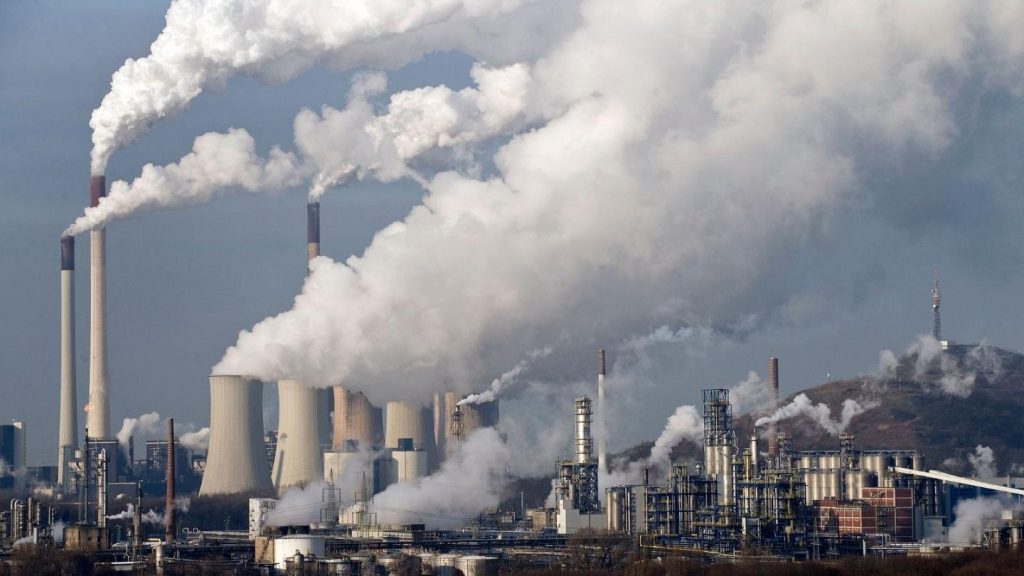A report by the State of Global Air (SoGA), in collaboration with the United Nations Children’s Fund (UNICEF), highlights that air pollution is now the second leading cause of early death.
Released by the Health Effects Institute (HEI), the report shows that in 2021, there were 8.1 million deaths linked to air pollution, with millions suffering from chronic illnesses that strain healthcare systems, economies, and societies.
Children under 5 are particularly vulnerable, with over 700,000 deaths attributed to air pollution in this age group last year.
The main culprits are outdoor fine particulate matter (PM2.5), primarily from burning fossil fuels and biomass in sectors like transport, homes, and wildfires. PM2.5 is identified as the most consistent predictor of poor health worldwide.
Other harmful pollutants such as household air pollution, ozone (O3), and nitrogen dioxide (NO2) from traffic exhaust also contribute significantly to global health problems.
Moreover, PM2.5 emissions contribute to greenhouse gases that warm the planet, exacerbating ozone levels in regions with high NO2, thereby compounding health risks.
Dr. Pallavi Pant, HEI’s Head of Global Health said, “This new report offers a stark reminder of the significant impacts air pollution has on human health, with far too much of the burden borne by young children, older populations, and low- and middle-income countries.”
“This points sharply at an opportunity for cities and countries to consider air quality and air pollution as high-risk factors when developing health policies and other non-communicable disease prevention and control programmes.”
The report emphasises that children are especially vulnerable to air pollution, with its effects sometimes starting before birth. It reveals that one in five deaths globally among young children is linked to exposure to such pollution, causing illnesses like pneumonia and asthma. Children in less affluent regions suffer more from these impacts than those in wealthier countries.
According to the SoGA report, there has been a 53% decrease in the death rate of children under five since 2000, largely due to increased access to clean energy for cooking and heightened awareness.
Furthermore, areas grappling with severe air pollution have taken preventive measures, such as setting up air pollution monitoring networks and implementing stricter air quality regulations. This proactive approach is notably seen in African, Latin American, and Asian regions.

